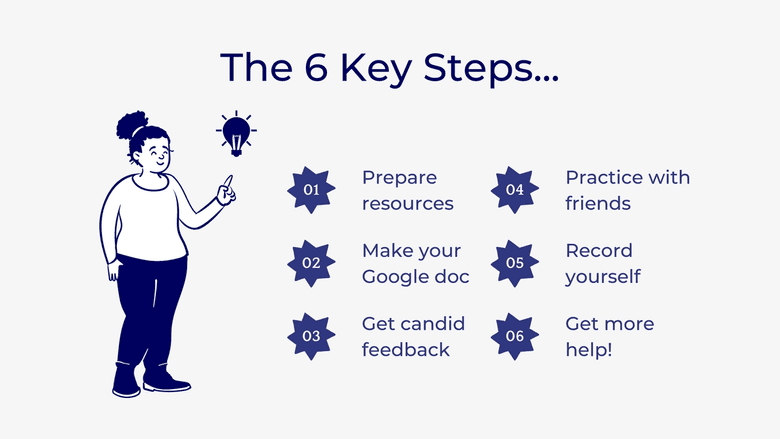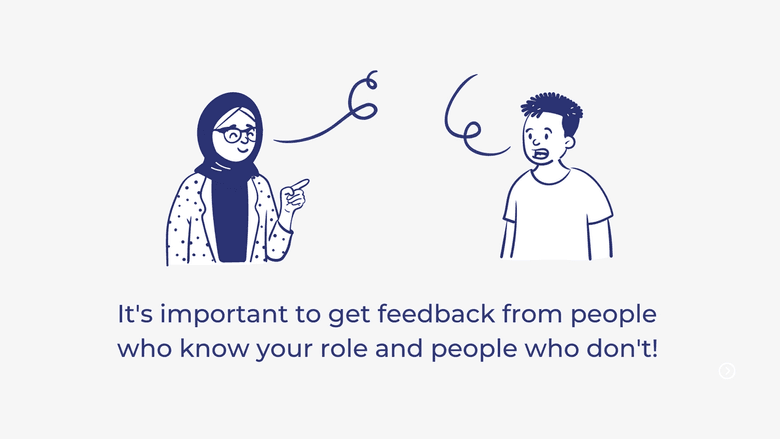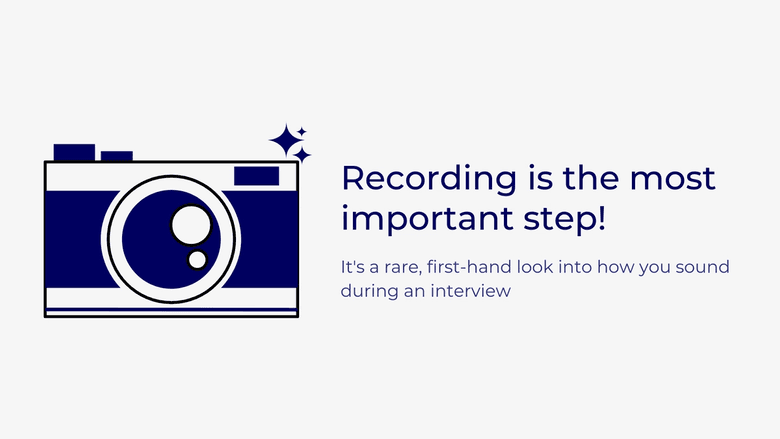6 easy steps to acing behavioral interviews
Here's something we don't talk about: the best storyteller always gets the job in the end.
With technical roles, there comes an assumption that if you LeetCode yourself to death, you will be the job hunt victor. But let's be real - interviews are competitions where everyone else is as technically savvy as you (that's why they're competing for the job against you) - so what's your differentiator? In most cases, you win the job based on the behavioral/leadership interview, typically the final round after half a dozen technical screens.
Learning how to come across well in interviews can be hard, especially if you're an introvert (like me) that likes to be left alone to tinker on their projects. But hey, if it makes you feel better, even 10x engineers go through this and most of them have survived.
At Candor, we can pair you with a senior tech pro in your career track but you can also do some legwork on your own to level up your skills. This post will give you basic guidance on how to think about behavioral interviews and put your best foot forward.

1. Prepare Your Resources
This might not be a method you've heard of before, so I want to prepare you for all of the weirdness. Here are some things you'll need before we start:
- Some peers in the same career track
- A friend who has no idea what you do
- A blank Google Doc
- Something to record yourself with (phone, camera, etc)
2. Start Your Google Doc
Here's how this is going to work: below, I've listed some very basic interview questions that come up all the time. I'd like you to put these in your Google Doc and have 4-5 bullet points of talking points on each. Take some time to type out the narrative.
Here are 10 questions you will likely get asked:
- Tell me about yourself.
- What is the biggest accomplishment in your career so far?
- Describe a time when you had a conflict with a peer. How did you handle it?
- Give me an example of a time you got negative feedback.
- Why do you want to work for our company?
- Why did you decide to leave your last job?
- What kind of teams do you like to work with?
- Tell me about a time you took initiative on a project.
- Give me an example of how you communicate with XFN partners.
- How do you handle projects that are ambiguous or lack direction?

3. Ask for Candid Feedback
Share your Google Doc with your peers in the same field or career path. Ask them to give you honest feedback on what works and what doesn't. If you're up to it, we also recommend recording yourself answering each question and embedding the link in the document. YouTube videos work great for this, just make sure they are unlisted.
After one round of feedback from everyone, choose which changes to implement. To be clear, not all feedback is good feedback. Take stock of how people feel, but don't let it override your intuition.
4. Practice With Your "Clueless" Friend
Here comes the really uncomfortable part: call your friend who has no idea about what you do. Give him or her the questions to ask ahead of time. We very strongly recommend recording the call so you can listen to it again later.
I know this feels a bit counter-intuitive, so hear us out: a behavioral interview tests your ability to communicate clearly with stakeholders of various functions without leaning on technical jargon. So in essence, if you can't answer these questions simply, in a way your grandma or mom gets - you will likely fail the interview.
In this call, please pay extra attention to the clarifying questions your friend is asking you. These are the areas you are likely not articulating clearly, and that you'll need to work on.

5. Record Yourself on Video
This last practice pass is aimed at helping you identify a few things:
- Do you ramble?
- Do you have filler words like "like" or "um"?
- How do you carry yourself? Are you an animated speaker?
Watching a recording of yourself will help immensely in identifying, building awareness, and ultimately eliminating bad behaviors that make you seem less senior and unpolished.
6. Seek Additional Help, if Needed
If you're working with a Candor mentor, you will work on these skills intensely and interview with senior professionals in your field. Reach out if you need help!
The information provided herein is for general informational purposes only and is not intended to provide tax, legal, or investment advice and should not be construed as an offer to sell, a solicitation of an offer to buy, or a recommendation of any security by Candor, its employees and affiliates, or any third-party. Any expressions of opinion or assumptions are for illustrative purposes only and are subject to change without notice. Past performance is not a guarantee of future results and the opinions presented herein should not be viewed as an indicator of future performance. Investing in securities involves risk. Loss of principal is possible.
Third-party data has been obtained from sources we believe to be reliable; however, its accuracy, completeness, or reliability cannot be guaranteed. Candor does not receive compensation to promote or discuss any particular Company; however, Candor, its employees and affiliates, and/or its clients may hold positions in securities of the Companies discussed.
